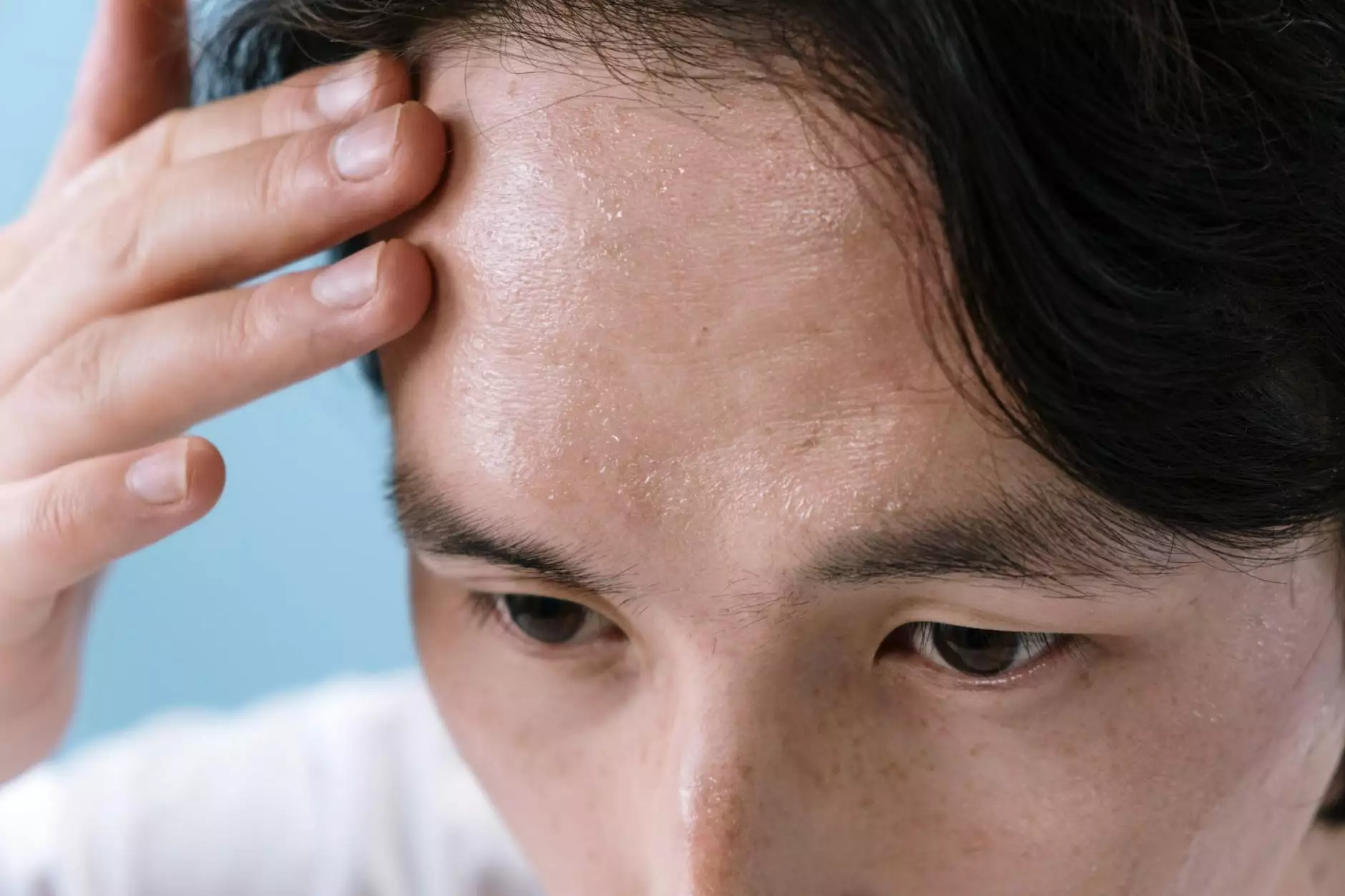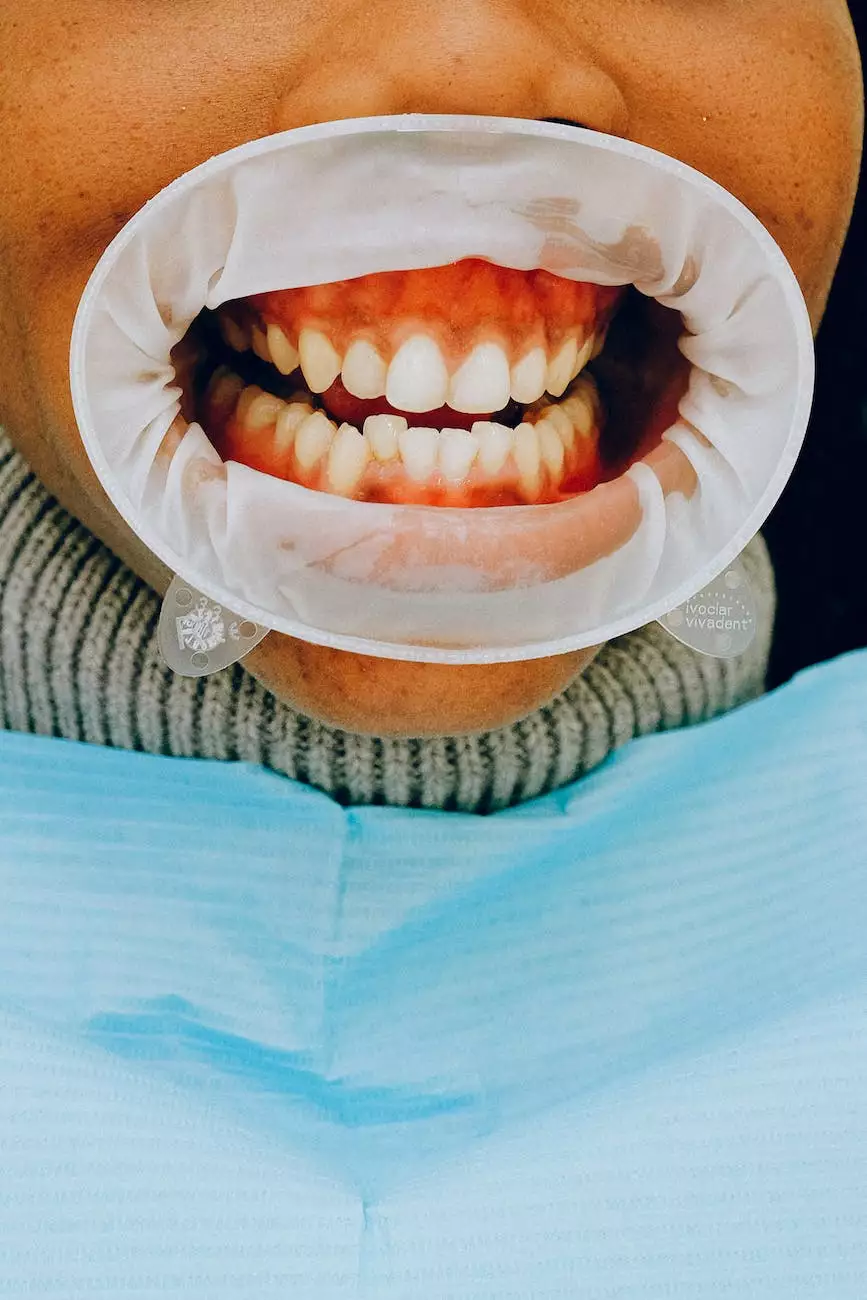Skin Cancer Risk Factors, Symptoms, and More
Injuries
Introduction to Skin Cancer
Skin cancer is a serious health concern that affects millions of people worldwide. Understanding the risk factors, recognizing the symptoms, and learning about prevention and treatment options are vital in combating this disease. At Pain Cream Advisors, we aim to provide comprehensive and reliable information on skin cancer to help you make informed decisions about your health.
Risk Factors for Skin Cancer
Several risk factors contribute to the development of skin cancer. Exposure to ultraviolet (UV) radiation from the sun or artificial sources, such as tanning beds, is the leading cause. Other significant risk factors include:
- Fair skin, freckles, or light-colored hair
- A history of sunburns or excessive sun exposure
- Family or personal history of skin cancer
- Having many moles or atypical moles
- Weak immune system
Symptoms of Skin Cancer
Recognizing the symptoms and signs of skin cancer plays a crucial role in early detection and treatment. The most common symptoms include:
- Unusual changes in the skin, such as the development of a new mole or growth
- Changes in the shape, color, or size of an existing mole
- Irregular borders or edges on moles
- A sore that does not heal or a persistent rash
- Itching, tenderness, or bleeding in a mole or growth
Prevention of Skin Cancer
Preventing skin cancer is essential for maintaining overall health. Here are some preventive measures you can take:
- Limit exposure to UV radiation by seeking shade, wearing protective clothing, and using sunscreen with a high SPF
- Avoid indoor tanning beds
- Perform regular self-examinations of the skin and monitor any changes
- Get regular skin cancer screenings from a dermatologist
- Maintain a healthy lifestyle and support your immune system
Treatment Options for Skin Cancer
When diagnosed with skin cancer, various treatment options are available, depending on the type and stage of the cancer. Common treatment methods include:
- Surgical removal of the cancerous cells
- Topical creams or gels for non-melanoma skin cancers
- Chemotherapy or radiation therapy for advanced cases
- Immunotherapy to boost the immune system's response
- Cryotherapy or laser therapy for smaller or early-stage tumors
Conclusion
Skin cancer is a serious health issue that requires attention and proactive measures. By understanding the risk factors, recognizing the symptoms, and following preventive measures, you can reduce your chances of developing skin cancer. If you suspect any abnormalities or have concerns, consult a healthcare professional for a comprehensive evaluation and appropriate treatment. At Pain Cream Advisors, we strive to empower individuals with the knowledge needed to protect their skin and overall well-being.



